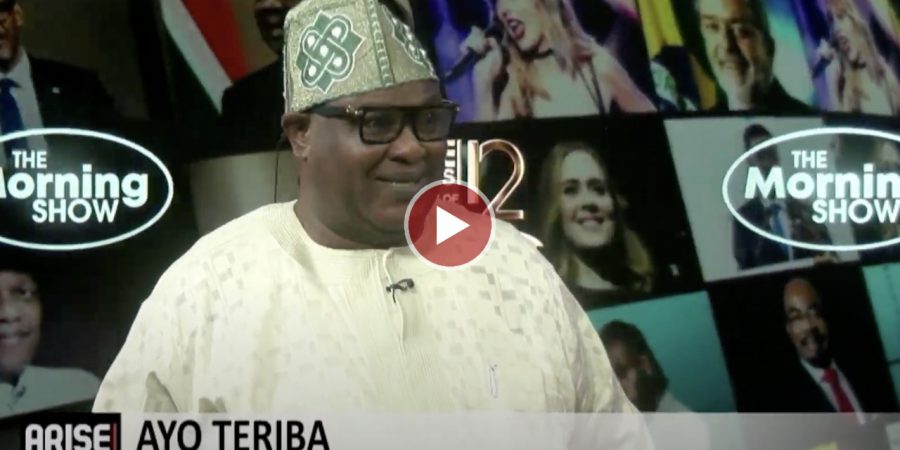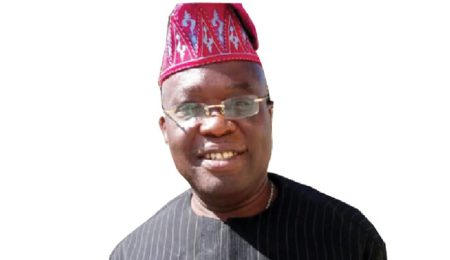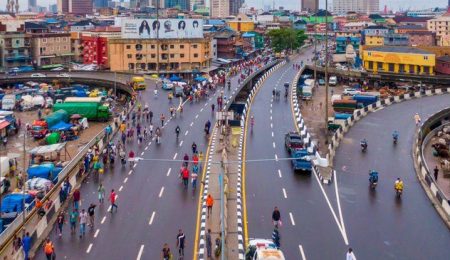Dspite signs of economic stabilisation, Nigerians continue to face daily hardship as reforms lack social protection measures, Economist, Ayo Teriba cautioned that the government must balance stability with social safety nets to ease hardship.
Speaking in an interview with ARISE NEWS on Monday, Teriba asserted that Nigeria’s economy is showing signs of recovery after months of sweeping reforms.
“Nigeria’s economy is showing early signs of stabilisation, but most Nigerians remain locked in what he called “corrosive hardship,” but the benefits remain far from the reach of ordinary Nigerians.
Noting that the mid-year economic review by the Federal Government alongside remarks, he sajd “The government’s mid-year economic review, together with the remarks from WTO’s Ngozi Okonjo-Iweala, confirm that stabilisation is underway.”
“Several indicators are turning positive. Inflation has slowed for seven consecutive months, the naira is recovering after months of volatility, and foreign reserves are stronger than in 2023,” he explained
Teriba explained that several macroeconomic indicators have turned positive. Inflation, though still high, has slowed for seven consecutive months since January. The naira has shown signs of recovery after months of volatility, while foreign reserves have strengthened compared to 2023 levels.
“It’s hard not to accept that compared to a year ago, the economy is stabilising, The evidence is building that the economy is thriving, at least on paper.”
He pointed to Nigeria’s corporate sector as a crucial driver of the recovery. Banks, telecommunications companies, and the Dangote Refinery were all recording stronger performances, which he argued would ripple out to create jobs and support small businesses across the country. State governments, he added, were beginning to implement projects designed to stimulate local economies.
But he warned that despite these positive signals, the average Nigerian is yet to feel relief. Prices of food and essential goods remain high, and wages have failed to keep up with rising costs.
“The government is making every effort to give us a mid-year update on the economy. That was what the coordinating minister of the economy had done, And it was good that the DG of the WTO, who had visited, also weighed in and acknowledged the stability after the reforms that were initiated two years ago. It’s hard not to accept that compared to a year ago, the economy is stabilising.”
On the issue of capital inflows, he stated that. “The government has announced billions of dollars of FDI. But most of them have not materialised. To get them in, you need to open up sectors like power transmission, the road network, the rail infrastructure open them up for equity financing, rather than continuing to depend only on borrowing.”
Turning to President Bola Tinubu’s stated ambition to grow Nigeria’s economy to $1 trillion, he cautioned against viewing the goal solely as a matter of growth rates. “It’s an exchange rate story,” he explained. “If Nigeria can secure significant FDI and strengthen the naira, the $1 trillion figure becomes achievable. But without investment inflows, it remains aspirational.”
Teriba concluded by urging policymakers to combine long-term reforms with immediate relief measures, warning that social unrest could undermine economic progress if citizens feel excluded from the benefits. “Stability must translate into food on the table and hope for the average Nigerian. Otherwise, it is incomplete,” he said.
Erizia Rubyjeana
Follow us on:



